Written by Colleen Rempel BSc (Human Nutritional Sciences) Certified Holistic Nutritionist, CHN PN Lean Eating Coach Instagram.com/ColleenRempel
Busy Bacteria
Did you know that your gut contains ten times more bacteria than cells in the human body? (1)
If you were to gather up all of this bacteria, you would be able to hold three to four pounds of it in your hands, which is essentially the same weight as the human brain (1).
These bacteria help you make vitamins, break down food, protect against infection, stimulate your immune system, and run your metabolism (2).

Figure 1: Role of Gut Bacteria. Retrieved from Harvard University at http://sitn.hms.harvard.edu/flash/2016/second-brain-microbes-gut-may-affect-body-mind/
The number and type of species of bacteria in our gut is not only important for digestive health and the absorption of nutrients, but also for optimal function of the rest of the body, including the brain (1).
The diversity of gut microbiota in your colon could determine how prone you are to anxiety, depression & mood disorders, the strength of your immune system, and how much fat you carry on your body (1).
Gut – Brain Connection
Over the past 100 years, the changes we’ve made as a society with the introduction of antibiotics, C-sections, and the Westernized diet have turned our flourishing rainforest of gut bacteria into a barren wasteland (1).
The gut has been called the “second brain” due to its similar neuron functions that impact mental and emotional health (3).
Understanding the communication pathways between the gut and brain are still in their infancy, however, communication is thought to occur via the vagus nerve, cytokines, neurotransmitters, and short chain fatty acids (1).

Figure 2:Gut-Brain Communication. Retrieved from Nature Reviews at http://www.nature.com/nrn/journal/v13/n10/images/nrn3346-f1.jpg
Can Diet Impact Gut & Brain Function?
In the past 5 years, a large amount of research has been done on the gut-brain connection and its impact on human health, especially brain health.
There is new evidence that an imbalance or “dysbiosis” of gut microbiota is linked to dysfunction of the brain, impaired mental health, and cognitive decline associated with AD and Parkinson’s Disease (3).
Changes in diet have a huge impact on the balance or imbalance of gut bacteria (3). In fact, diets high in processed foods and low in fibre contribute to gut dysbiosis, whereas foods high in prebiotics and probiotics have been shown to restore balance to gut bacteria (4,5).
For example, one study in 2013 found a connection between probiotics and brain health when females fed probiotic-rich fermented milk displayed changes in the activity of their resting brain, specifically in areas connected to the processing of emotions and sensations (6).
Other studies have shown that alterations of gut microflora in the form of dysbiosis have the greatest impact on the brain health of vulnerable populations, such as infants, elderly and immune-compromised individuals (1).
This means it is especially important for kids and older individuals to have balanced gut bacteria to protect their brain health!
How do I Keep my Gut Bacteria and Brain Healthy?
- One way to make sure you have a variety of healthy species of bacteria, is to feed them prebiotics. This includes high fibre foods such as beans, lentils, oats, celery, flaxseed as well as some other foods such as garlic and onions. Prebiotic supplements are also available for those who have sensitivities or intolerances to the above foods.
- The second way to ensure you have a variety of healthy bacteria in your gut, is to eat foods that are high in live bacterial cultures, such as coconut yogurt, saurkraut, kimchi, and kombucha.
- Finally, it is important to remove processed foods and added sugars from your diet, as they have also been shown to negatively impact gut and brain health (4, 5, 7).
Cheers to happy gut bacteria!
~ Colleen Rempel
References:
- Dinan, T. G., & Cryan, J. F. (2017). The microbiome-gut-brain axis in health and disease.Gastroenterology Clinics of North America, 46(1), 77-89. doi:10.1016/j.gtc.2016.09.007
- Kanwal, J. (2016). A Second Brain: How microbesin your gut may affect your body and mind. Retrieved Nov 11, 2017 from: http://sitn.hms.harvard.edu/flash/2016/second-brain-microbes-gut-may-affect-body-mind/
- Wu, S., Cao, Z., Chang, K. & Juang, J. (2017). Intestinal microbial dysbiosis aggravates the progression of Alzheimer’s disease in drosophila. Nature Communications, 8(1) doi:10.1038/s41467-017-00040-6
- Hu, X., Wang, T., & Jin, F. (2016). Alzheimer’s disease and gut microbiota.Science China Life Sciences, 59(10), 1006-1023.
- Bonfili, L., Cecarini, V., Berardi, S., Scarpona, S., Suchodolski, J. S., Nasuti, C., . . . Eleuteri, A. M. (2017). Microbiota modulation counteracts Alzheimer’s Disease progression influencing neuronal proteolysis and gut hormones plasma levels.Scientific Reports, 7(1) doi:10.1038/s41598-017-02587-2
- Tillisch, K., Labus, J., Kilpatrick, L., Jiang, Z., Stains, J., Ebrat, B., … & Mayer, E.A. (2013). Consumption of fermented milk product with probiotic modulates brain activity. Gastroenterology, 144(7), 1394–1401.
- Jacka, F. N. (2016). Global and epidemiological perspectives on diet and mood. The gut-brain axis dietary, probiotic, and prebiotic interventions on the microbiota(pp. 141-158) doi:10.1016/B978-0-12-802304-4.00008-6

